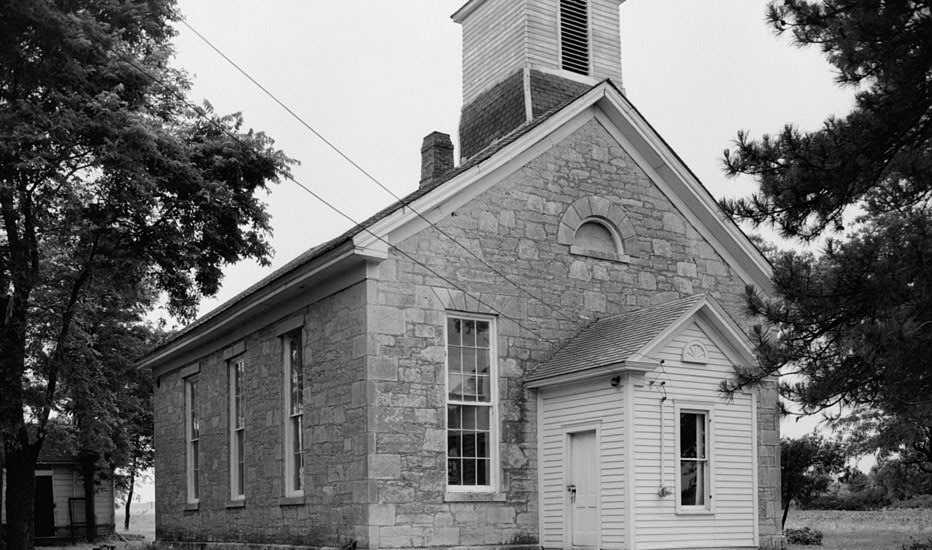Welcome to the Beecher Bible and Rifle Church, a remarkable testament to the turbulent times of ‘Bleeding Kansas’ and the fervent fight against slavery. This historic church, located at the southeastern corner of Chapel and Elm Streets in Wabaunsee, Kansas, stands as a unique symbol of the intersection between faith and the struggle for freedom.
Established by a group of 70 New England emigrants from New Haven, Connecticut, in 1855, the town of Wabaunsee was a beacon of anti-slavery sentiment. These settlers were inspired by the passionate sermons of Rev. Henry Ward Beecher, a prominent abolitionist whose words and actions left an indelible mark on history. Beecher, known for his belief that a Sharps rifle was a more moral agent against slavery than a hundred Bibles, played a crucial role in supporting these settlers. He helped fund the transportation of both Bibles and rifles to the colonists, ensuring they were equipped to defend their ideals.
The church itself was completed in 1862, after four years of construction, and is a prime example of Plains Vernacular architecture, featuring local limestone and a distinctive wood bell tower. During its early years, the church was not just a place of worship but a hub of activity for the anti-slavery movement. It even played a role in the Underground Railroad, providing refuge and assistance to those escaping the bonds of slavery.
Over the years, the Beecher Bible and Rifle Church has borne witness to many significant events. It provided aid to the town of Lawrence after the infamous Quantrill’s Raid in 1863, a brutal attack that left the town in ruins. Despite its heavy historical past, today, it serves a small yet dedicated congregation, keeping the stories of courage and conviction alive.
The legacy of notable figures like Rev. Beecher, and the settlers who bravely fought for a free Kansas, continue to resonate within these walls. As you stand here, imagine the resolve and determination of those who gathered in this very spot, united by a shared vision of a world without slavery, a vision that ultimately contributed to making Kansas a free state.




